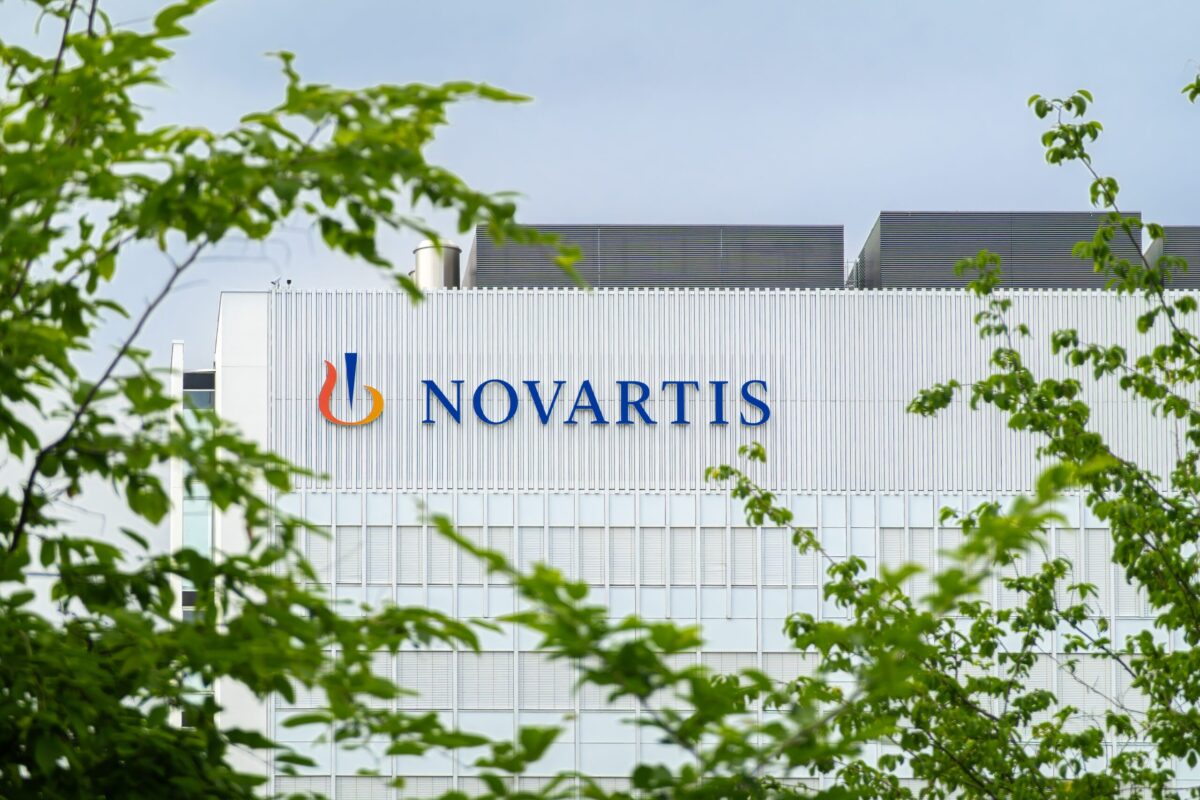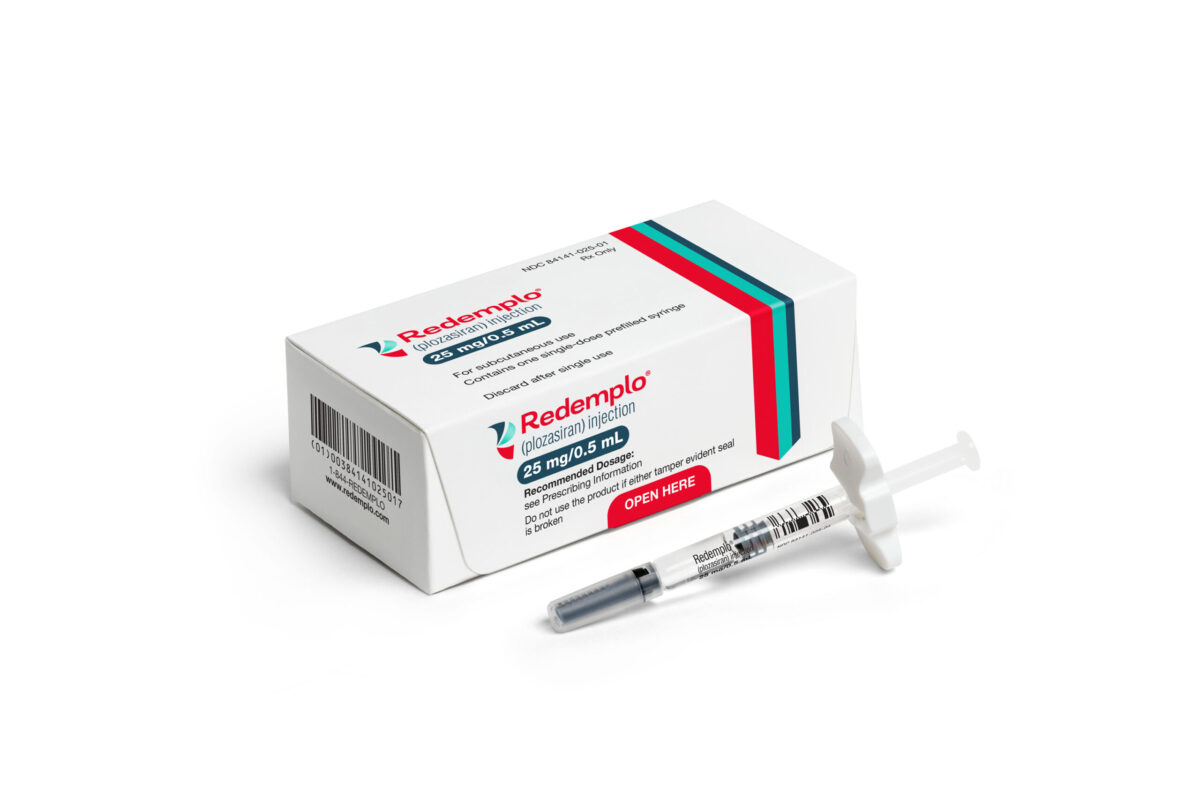The FDA has approved Deciphera’s Romvimza (vimseltinib) for adult patients with symptomatic tenosynovial giant cell tumor (TGCT) when surgery may lead to worsened joint function or severe complications.
The approval was largely based on the results of the MOTION Phase III study. Dr. Hans Gelderblom, chair of Medical Oncology at Leiden University Medical Center, noted in the press release that the study data could establish Romvimza as a potential new standard of care for TGCT patients who are not surgical candidates.
Deciphera leverages its proprietary switch-control kinase inhibitor platform — targeting kinase activation — to develop orally administered drug candidates, reflecting its commitment to innovative treatments for conditions with limited therapeutic options.
In 2024, Deciphera was acquired by ONO Pharmaceutical for $2.4 billion — a move expected to build ONO a stronger presence in oncology, one of its key priority areas.
TGCT is a rare, non-cancerous tumor that develops inside or near joints. It occurs when a genetic error causes the overproduction of a protein called CSF1, which attracts inflammatory cells to the joint, often causing pain, swelling and reduced mobility.
While surgery is the usual treatment, high recurrence rates frequently mean patients face repeated surgeries, which can further affect joint function.
In the MOTION study — a double-blind, multicenter, randomized (2:1) trial — patients with measurable TGCT received either vimseltinib at a recommended dose of 30 mg orally twice weekly (with a minimum 72-hour interval between doses) or placebo for 24 weeks.
The primary endpoint was the overall response rate (ORR) measured at Week 25, with 40% of patients in the vimseltinib arm showing significant tumor shrinkage compared to none in the placebo group. Patients also reported improvements in pain, physical functioning and range of motion.
The trial monitored side effects such as elevated liver enzymes, periorbital edema (swelling around the eyes), fatigue, rash and increased cholesterol levels, with no serious liver injuries observed.
XTALKS WEBINAR: Key Strategies for Successful Orphan Drug Launch in Europe
Live and On-Demand: Friday, March 28, 2025, at 1pm EDT (5pm GMT)
Register for this free webinar to learn about optimizing pricing and reimbursement strategies and leveraging patient advocacy for a successful market launch of orphan drugs.
The dynamic landscape of TGCT research extends beyond Deciphera’s efforts.
In October 2024, SynOx Therapeutics secured new investor capital — raising its Series B total to $92 million — and began dosing the first patients in its Phase III trial, underscoring the growing financial and clinical momentum in the field.
Similarly, Merck’s investigational candidate pimicotinib — a small-molecule CSF1R inhibitor that directly targets the CSF1 receptor — showed significantly improved outcomes in a global Phase III trial. This contrasts with Deciphera’s vimseltinib, yet both approaches aim to mitigate the CSF1-driven inflammatory cascade in TGCT.
Ryota Udagawa, Deciphera’s president and CEO, emphasized that the drug’s tolerability marks a significant advancement for patients at risk from surgical interventions.
Looking ahead, Deciphera is exploring additional clinical trials and potential collaborations in the TGCT space. These initiatives reflect a shared commitment across the industry to improving patient outcomes and signal the next chapter in the evolving landscape of TGCT management.












Join or login to leave a comment
JOIN LOGIN